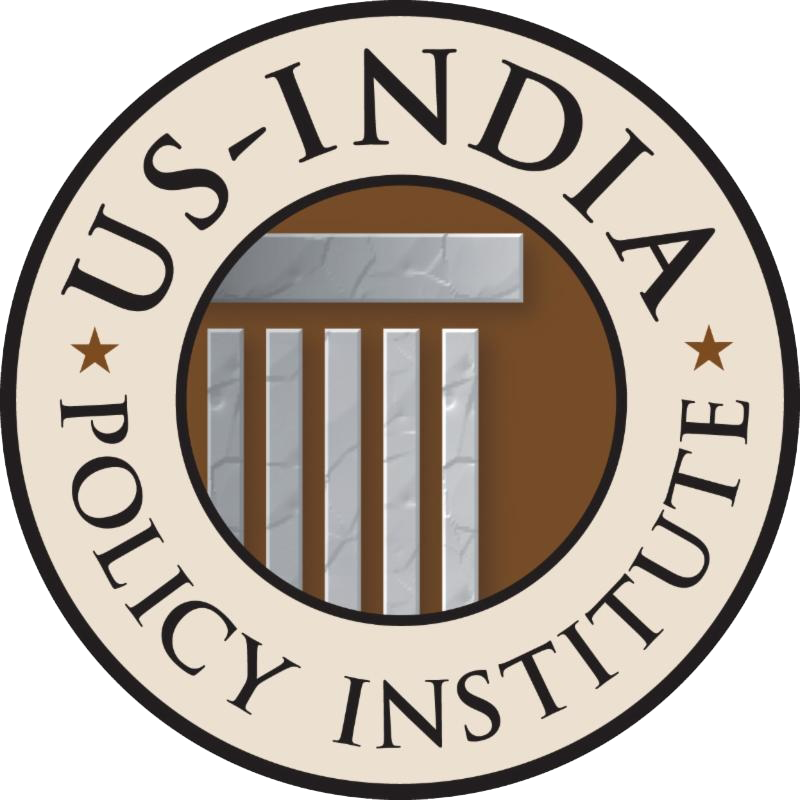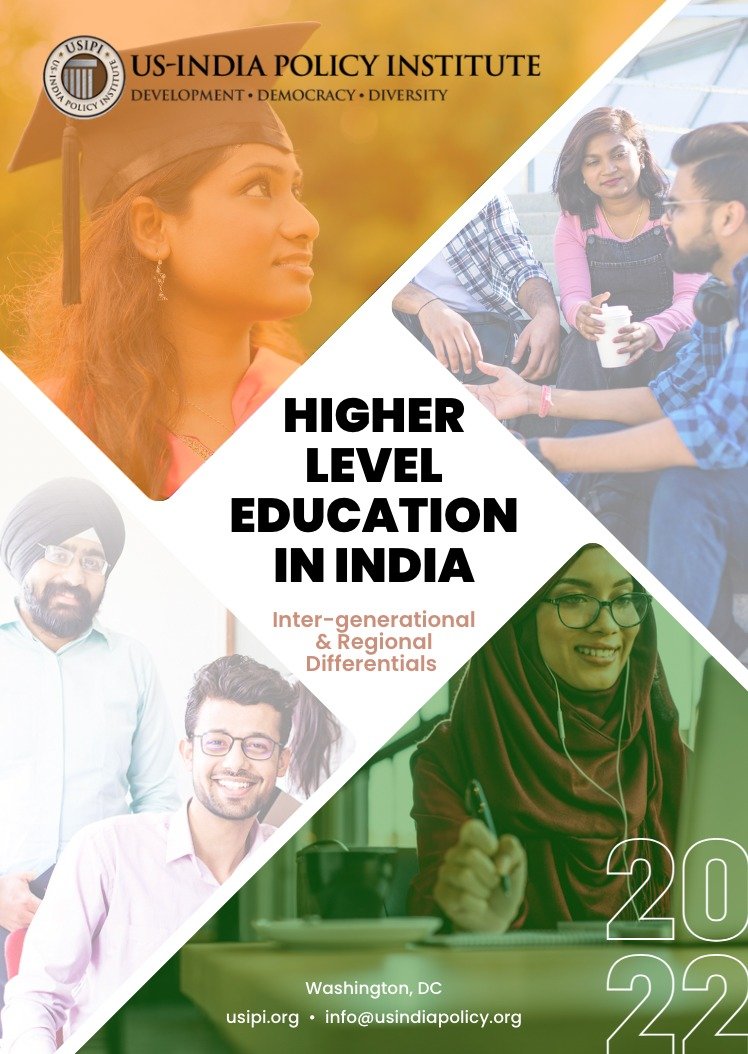Higher-Level Education in India: Inter-Generational and Regional Differentials (2022)
This report analyzes the last publicly available dataset on Higher-Level Education (HLE) in India, which was collected 8 years ago in the NSSO 71st round survey in 2014. Based on said data, this report finds that by 2014, 7.3% of the Indian population attained higher level education (HLE), which is a significant improvement compared to 2007-08, when the HLE attainment rate was only 4.7%.
The Union Territories (UT) typically show greater HLE attainments than most states; Delhi has the highest HLE attainment rate (21.9%) of any state/UT, Bihar has the lowest (2.9%); and the median HLE attainment is 8.1%.
Key Findings
Regional Differences
Regional comparison shows that North India (NI) has the highest HLE attainment (11.5%), followed by West India (9.6%), and South India (SI) (9.4%); North Central India (NCI) has an HLE attainment rate of 5.6%, Central India (CI) has 5.4% and Northeast India (NE) has 5.1%.
Urban-Rural Divide
In all states, urban residents have greater HLE attainments, compared to their rural counterparts; whereas 15.7% people from urban areas nationwide attained HLE, only 3.7% of those living in rural areas acquired HLE.
Intergenerational Context
In most states/UTs – except Tripura and Daman and Diu – greater percentages of current generation population (aged 22-35 years) attained HLE compared to the past generation (36+ years).
Gender Differences
Current generation men and women acquired higher levels of HLE (men 19.1% and women 13.8%) than the past generation (men 8.9% and women 5.7%). HLE attainment has also increased by 7.3% among men and 8.7% among women.
(Non-)Technical Subjects
Only 4% Indians attained technical HLE, whereas 8.5% attained HLE in non-technical fields. Women attained non-technical HLE in greater percentage (8.9%) than men (8.1%). Nationally, rural areas have 2.3% attainment in technical HLE compared to 8% in urban areas.
Socio-Religious Communities
Among all socio-religious communities (SRCs), Hindu SC/ST communities had the lowest HLE attainment (3.3%), whereas general or upper caste Hindu communities had the highest HLE attainment (16.1%) of all communities.
Muslims have very low attainment in higher education; the community lags behind most communities with a mere 3.5% HLE attainment rate.

